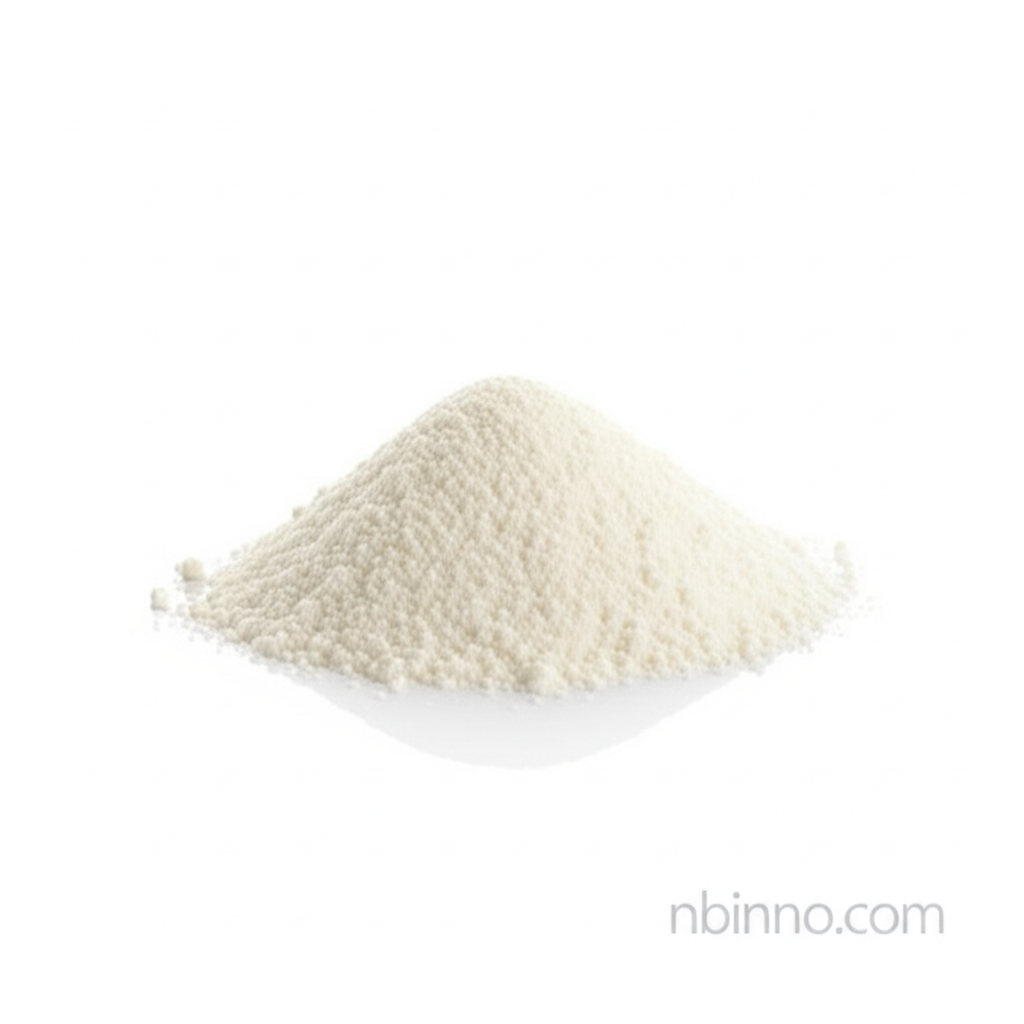Melatonin: Understanding Its Role in Sleep, Skin Protection, and NRF2 Pathway Activation
Discover how Melatonin (CAS 73-31-4) regulates your sleep-wake cycles, protects your skin from UV damage by activating the NRF2 pathway, and functions as a potent antioxidant. Learn about its natural and synthetic forms, and their benefits.
Get a Quote & SampleProduct Core Value

Melatonin
As a leading supplier of fine chemicals in China, we offer high-quality Melatonin (CAS 73-31-4). This naturally occurring hormone plays a vital role in regulating circadian rhythms and promoting sleep. Beyond its well-known sleep-aid properties, Melatonin also exhibits significant antioxidant capabilities and offers robust protection against UVB-induced skin damage through the activation of the NRF2 pathway. Its multifaceted benefits make it a valuable compound for various applications.
- Explore the benefits of melatonin for sleep regulation, a key aspect of overall health and well-being.
- Understand how melatonin works as a potent antioxidant, contributing to cellular protection.
- Learn about melatonin's role in skin protection against UVB damage and its involvement in the NRF2 pathway.
- Discover the difference between natural and synthetic melatonin and its various applications as a valuable fine chemical.
Advantages Provided by the Product
Enhanced Sleep Quality
Melatonin is renowned for its ability to regulate sleep-wake cycles, aiding individuals in achieving better sleep quality and combating insomnia. This aligns with the understanding of melatonin sleep aid benefits.
Potent Antioxidant Properties
Melatonin acts as a powerful free radical scavenger, protecting cells from oxidative stress. This is a critical aspect of its function, contributing to overall cellular health and potentially mitigating age-related decline.
Skin Protection from UV Damage
Research highlights Melatonin's role in protecting skin cells from UVB-induced damage by activating the NRF2 pathway, showcasing its utility in skincare formulations and sun protection strategies.
Key Applications
Sleep Regulation
Melatonin is widely used as a sleep aid to manage insomnia and circadian rhythm disorders, demonstrating its efficacy in promoting restful sleep.
Skincare and Photoprotection
Its ability to protect against UVB damage and oxidative stress makes Melatonin a valuable ingredient in dermatological applications and skincare products.
Antioxidant Supplementation
As a potent antioxidant, Melatonin is sought after for its potential to combat cellular damage and support overall health and longevity.
Circadian Rhythm Management
Melatonin helps reset and regulate the body's natural sleep-wake cycle, beneficial for shift workers, travelers, and those with disrupted circadian rhythms.
